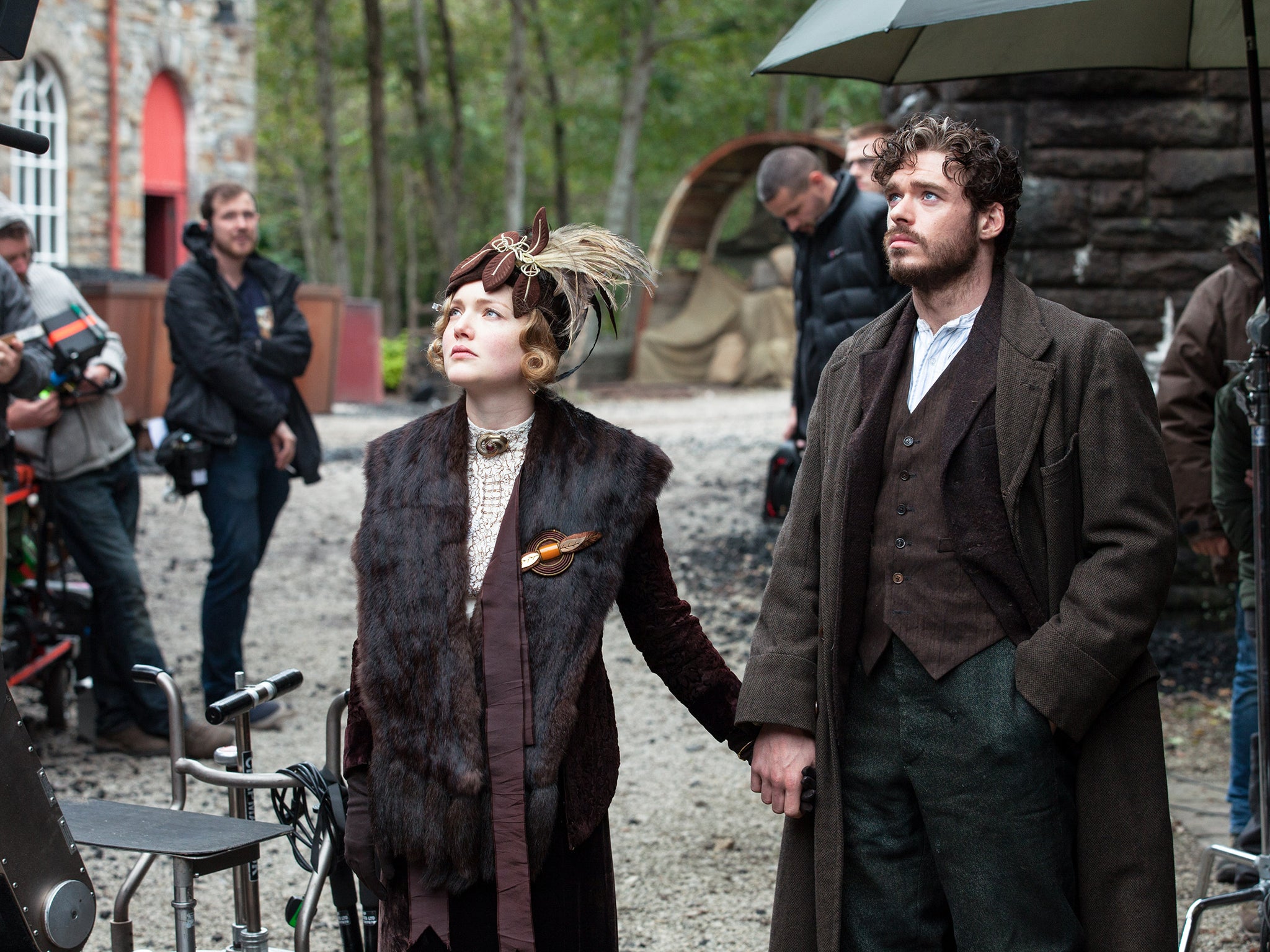Errors & Omissions: Language can’t help us solve the mysteries of conception
Language and style conundrums from this week’s Independent

On Thursday, we reported on the sad death from illness at the age of 34 of Debra Reiss, heiress to the Reiss clothing company. She was pregnant, and the story added: “Her unborn child also reportedly died.” Nothing wrong with that, except that if this were a story about abortion, the “unborn child” would have been a “foetus”. It is like the old terrorist/freedom fighter problem.
Both terms are factually correct, but when we have two different words for the same thing, each carrying different associations and each used in a different context, something odd is going on. If we, the writer and the reader, are OK with it being dead, then it is a foetus, but if we are sorry it is dead, it is an unborn child.
That kind of tendentious use of language ought not to appear on the news pages of a newspaper that tries not to tell its readers what to think.
So, what do we do? In this case, I don’t know. I can’t think of a neutral, non-judgemental word that would look right in both contexts. Such are the atavistic mysteries that cluster around conception, pregnancy and childbirth. Exactly when does a blob of developing cells become a person?
Tell me that and I’ll tell you whether it is a foetus or an unborn child.
• “D H Lawrence’s tale of Lady Chatterley and her groundskeeper lover...” was the opening of a television review on Monday (about the drama starring Holliday Grainger and Richard Madden, above). I confess that “groundskeeper” was a new one on me. It appears to be a perfectly respectable word, a gender-neutral American term for what used to be known as a groundsman. But it is the wrong word here.
Oliver Mellors is not a harmless chap pottering along on a power mower. As every schoolboy knows (at least every schoolboy with an inquiring mind knew, in the years following the Lady Chatterley trial in 1960), Mellors is a man altogether more earthy, bloody and elemental – a gamekeeper.
• “This week, after making a plea for their son’s return, and demanding tests on the other children born at the hospital on the same day in May, both babies were returned to their biological families.”
That classic hanging participle comes from a news story published on Wednesday. Who is “making”; who is “demanding”? The sentence says it was the babies. It was, in fact, the parents of one of the babies. They were mentioned in the previous sentence.
Of course, readers will see what the piece is trying to say: the annoying thing is that it fails to say it.
• Last Saturday’s profile of William Shawcross informed us: “His third wife is Olga Polizzi – the hotel and interior designer and immensely wealthy eldest daughter of Lord Forte whom he married in 1993.” A second dash before “whom” would help, but the sentence really needs to be recast to remove any suggestion that Mr Shawcross married Lord Forte.
Join our commenting forum
Join thought-provoking conversations, follow other Independent readers and see their replies
Comments
Bookmark popover
Removed from bookmarks